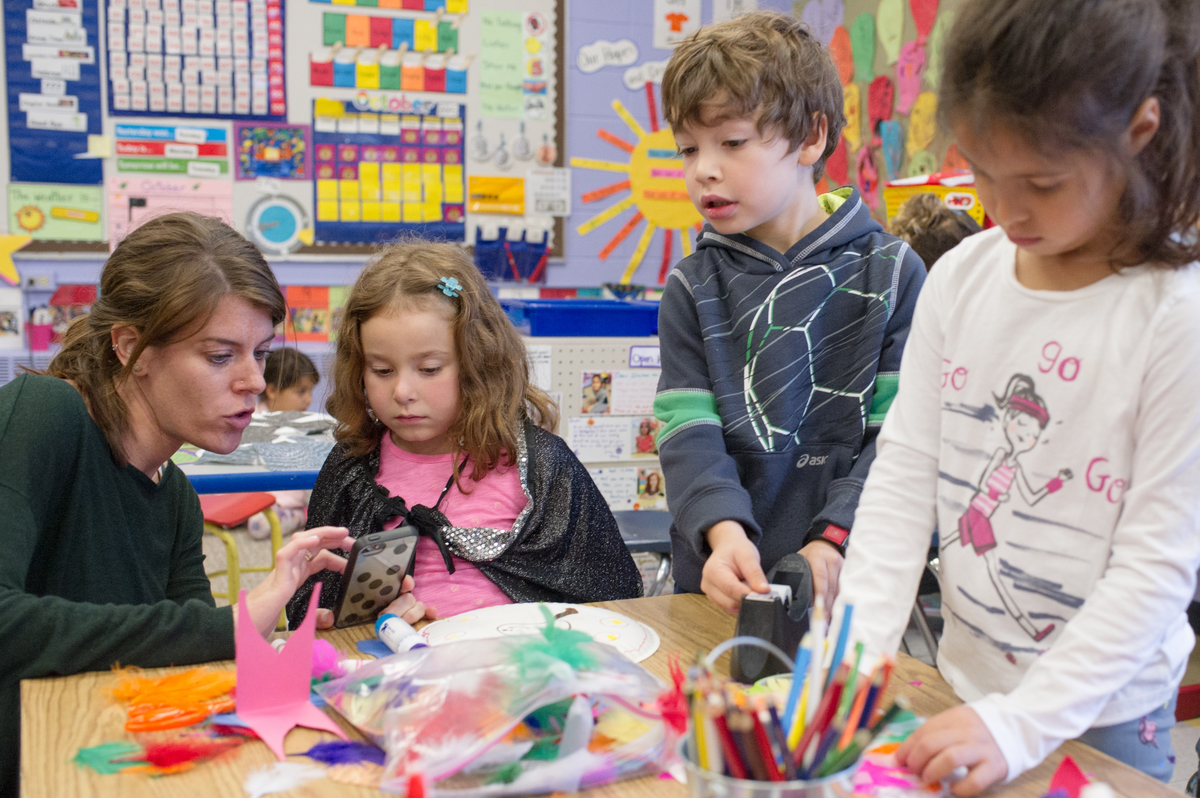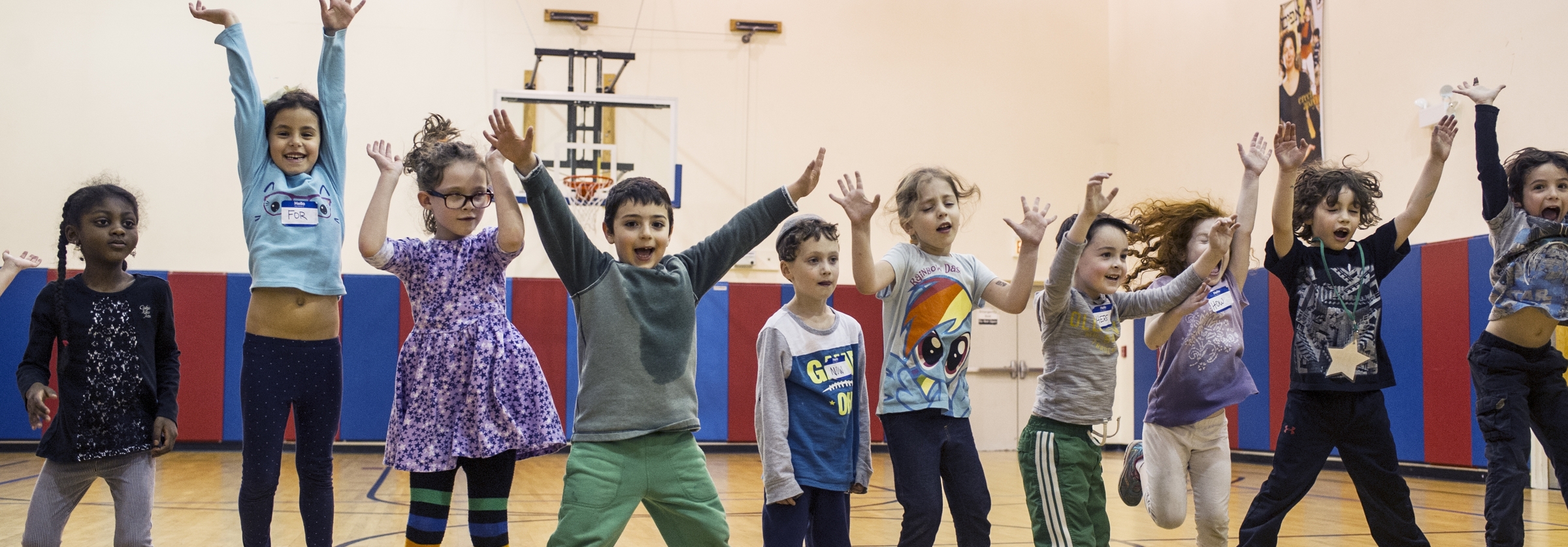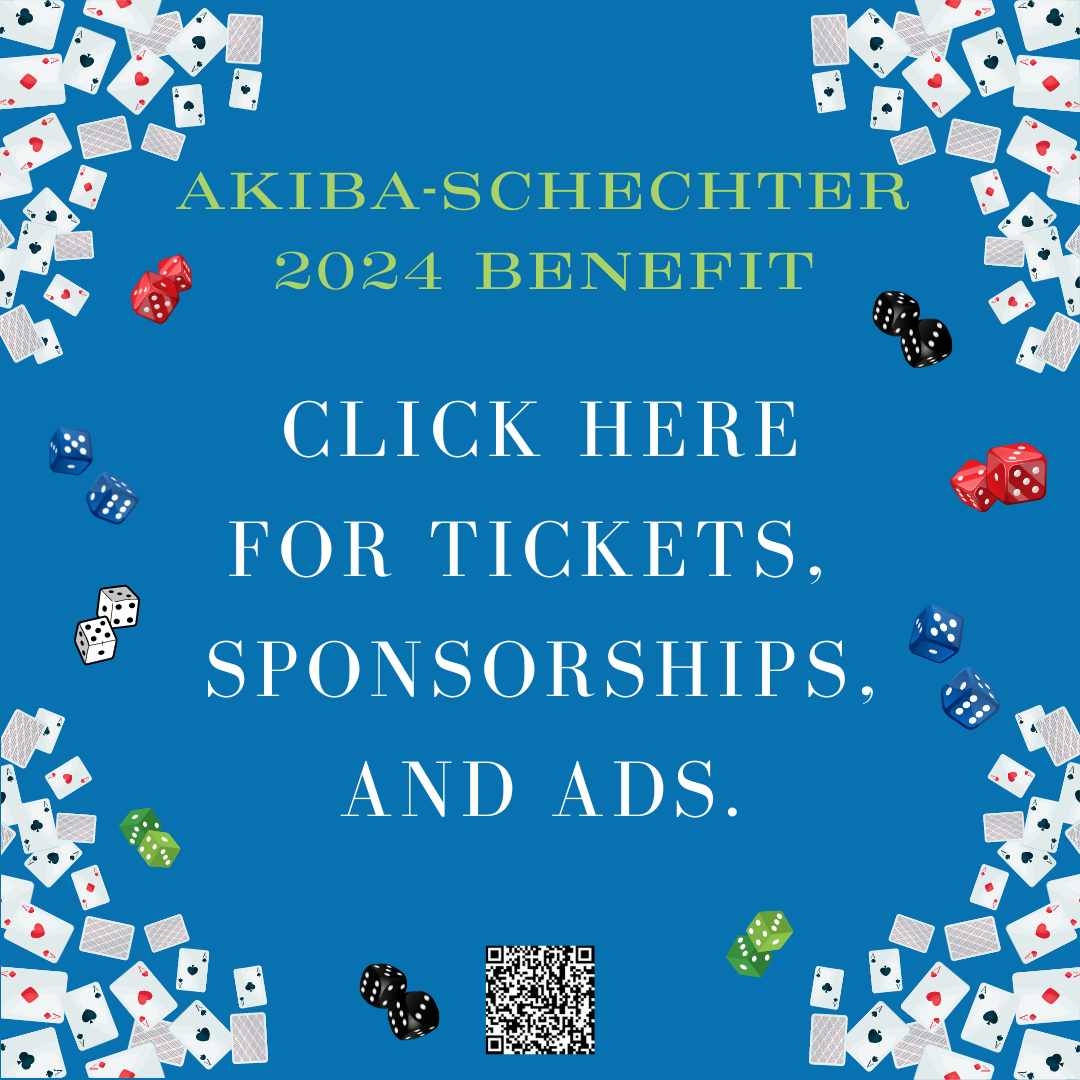Philosophy
Akiba-Schechter’s Kindergarten serves as the ideal bridge from Preschool to Elementary School, striking that perfect balance between play and academics. Like the Preschool, the Kindergarten is play-based. Unlike many Kindergarten programs, which lean toward more traditional academics, we intentionally build time for teaching the following intangible but fundamental skills:

Our curriculum is totally integrated. Units are thematic—often built around Jewish holidays or current events—and skill-building is embedded in every step. Teachers enable children to own their learning, which means many project ideas emerge from the students—not from the teachers. A low student/teacher ratio (8:1, traditionally) and two full-time teachers (as opposed to a teacher and an aide) help to create personal and lasting relationships between teacher and student, ensuring that every type of learner is engaged: auditory, tactile, and kinesthetic.

Morning Meeting is a wonderful time to build community. Children fulfill their daily jobs, discuss news and events, and are introduced to the “Letter of the Week.” This letter serves as the basis for many activities: filling the class “Letter Box,” making “Letter Lists,” or writing “Silly Sentences.” After snack and outdoor play, children participate in Group Time. This is more formal learning focused on reading, writing, and math. Groups may be large or small, depending on the activity. Children work with poems, rhymes, and stories to hone their phonemic awareness, developmental writing, and fine motor skills. They participate in hands-on activities like graphing and using manipulatives to hone their understanding of math concepts. You will not see any worksheets.
After lunch and rest time, the afternoon is filled with reading of a chapter book the children have chosen, free play, and one of the various “Specials” we offer:
We are proud of the way our children leave Kindergarten, poised to enter 1st grade: confident that they can embrace new challenges, nurtured as individuals, and harboring a love for learning that will enable them to be successful for the rest of their academic careers.


